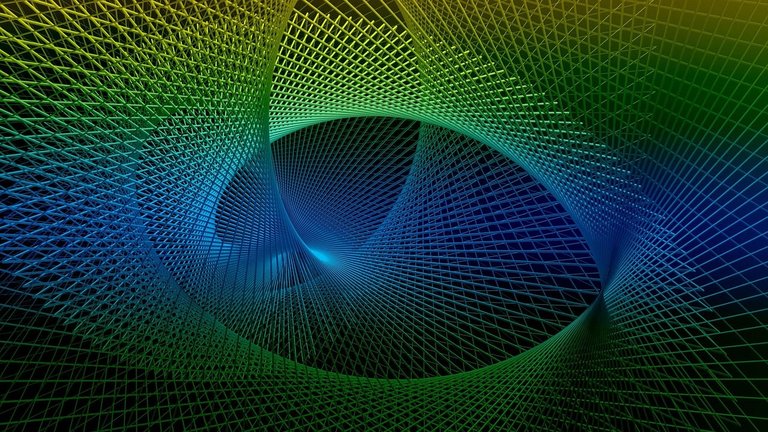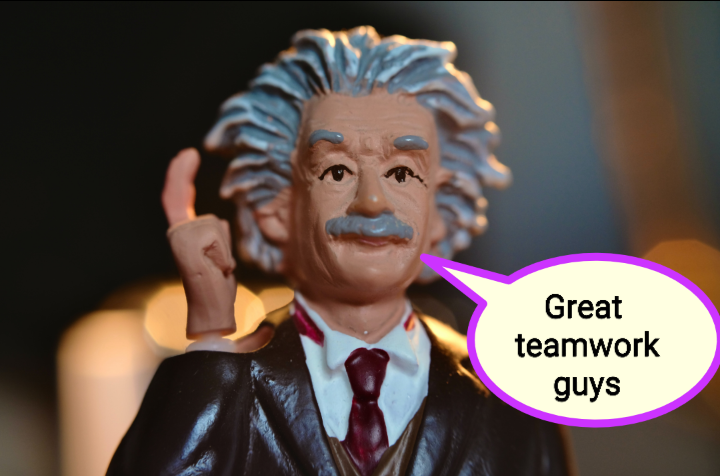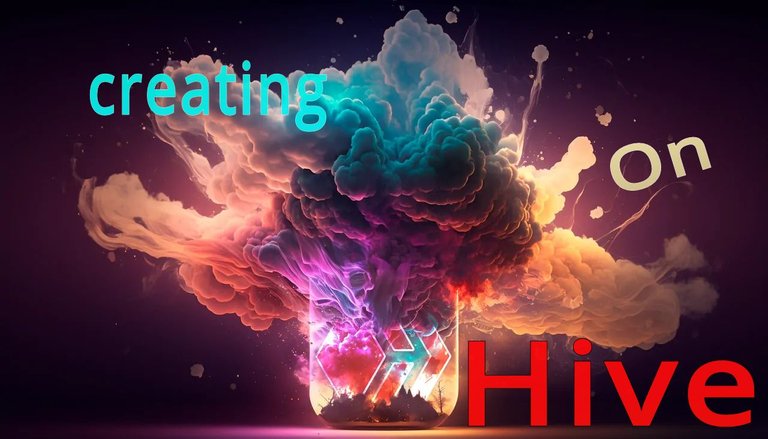Is There A Limit To The Discoveries That Can Be Made In Mathematics ?
The question may appear silly at first but on a careful observation, there seems to be more to it, including possibly being able to nail down the true nature of mathematics or it's ontology. We all have different tastes for mathematics, some of us hate it but have no other option but to still use it, some of us love it for it's beauty, some of us love it for it's simplistic explanatory power, some of us love of it for it's grandeur and the list just goes on and on. Regardless, we all acknowledge it's existence and it seems to have a very long history, to the point when our human ancestors first began to quantify objects but the truth be told, it may have even started before their existence, as research has shown animals too have some conception of mathematics. Before we delve further, let's first know what mathematics is all about.
I once had an argument with someone sometime last year which later resulted to an argument about mathematics and the dude's conception about mathematics was that it was all about numbers. I don't exactly know why he had such conception and I think that some of us, if not most have this same idea about mathematics. However, I suspect that this is a lay man's conception and if you trace mathematics back to how it started with our prehistoric ancestors, you are likely to have the same misconception that mathematics is all about numbers - our mathematics seems to have began with numbers (quantification).
Mathematics is not actually about numbers, it is way more than numbers. Loosely speaking, it's about patterns and relationships with patterns, and to some extent connected to language. Numbers themselves are patterns, the first set of numbers were discovered when patterns were observed in the arrangement of objects in space, other numbers followed after patterns were observed within the first set of numbers to be discovered. In fact, even today, we have formalisms/representations for numbers that we are yet to even encounter in real life. Other patterns observed in numbers gave rise to arithmetic, odd numbers, even numbers, prime numbers, e.t.c.
Patterns are still being discovered in numbers, especially when you look at "number theory" which has now become a field in it's own right. There are other patterns, expressible in the language of our mathematics that do not necessarily require numbers, geometry (shape of objects), logic (rules of reasoning), algebra (advanced arithmetic), infinitesimal calculus (motion/change), e.t.c.
All the above mathematical patterns and virtually all mathematical patterns are interrelated and built from pre-existing patterns, numbers helps to give these other mathematical patterns physical meaning.
Today, mathematics as a field is so broad that it's difficult for one person to master all compared to the mathematics before the 21st century and it is still getting more broad, especially with the fact that it has managed to slip through other fields of endeavours. Also we have lots of mathematical conjectures that could still lead to discoveries of other kinds of patterns. The trend is going to continue but it raises a very important question which is, Supposing we are able to exist for as long as the universe would exist (including moving beyond our current planet), would there exist a time where there would be nothing to discover in mathematics ?
Another question related to above question is if mathematics is itself beyond our physical universe or if the mathematics of our universe (including yet to be discovered ones) is a subset of a much bigger mathematical universe.
The first question would be very difficult to answer because for one, what if the universe ended before we discovered other new stuffs in mathematics and how would we even know?
Also if mathematics were to be something that we discover, those yet to be discovered mathematics before the universe ended, where did they exist ?
As a matter of fact, all of the above questions are strongly related to the ontology of mathematics, is it a physical object or just some mental construct that helps us understand the universe ?
Mathematical/modern Platonism suggests that all mathematical objects are themselves physical objects and in 2014, the Swedish-American cosmologist Max Tegmark took mathematical Platonism further in his book titled "Our Mathematical Universe: My Quest for the Ultimate Nature of Reality" by suggesting that our universe is mathematical in structure/fundamentally (mathematicism), everything in our universe, including us are physical embodiments of mathematics. If we take this to be true, then the limit of mathematical discoveries is the limit of the discoveries of our physical universe. In other words, the point in time where there would be nothing to discover in mathematics would most likely be the end of the universe. Whether our universe indeed has an end or not is currently uncertain.
However, this is not to say I subscribe to Tegmark's idea, it was rather used to give a better understanding of the questions being raised. I have on another hand raised the question on another platform, the popular "mathematics stack exchange" and you can find it here. I believe these questions could help us understand the true nature of mathematics and possibly change our minds on how we view it, especially those of us that hate it.
I guess this were we bid ourselves goodbye and until we meet again next time.
For further reading
Is the Universe Made of Math? [Excerpt] by Max Tegmark
Mathematical universe hypothesis
Thank you all once again for stopping by to read my jargons and also thank you @stemng, @lemouth and the @Steemstem team for your valuable supports.
Lastly, please don't forget to do the needful
Upvote
Comment
Reblog
If you enjoyed my jargons.



Thanks for your contribution to the STEMsocial community. Feel free to join us on discord to get to know the rest of us!
Please consider delegating to the @stemsocial account (85% of the curation rewards are returned).
Thanks for including @stemsocial as a beneficiary, which gives you stronger support.
Congratulations!
✅ Good job. Your post has been appreciated and has received support from CHESS BROTHERS ♔ 💪
♟ We invite you to use our hashtag #chessbrothers and learn more about us.
♟♟ You can also reach us on our Discord server and promote your posts there.
♟♟♟ Consider joining our curation trail so we work as a team and you get rewards automatically.
♞♟ Check out our @chessbrotherspro account to learn about the curation process carried out daily by our team.
🏅 If you want to earn profits with your HP delegation and support our project, we invite you to join the Master Investor plan. Here you can learn how to do it.
Kindly
The CHESS BROTHERS team